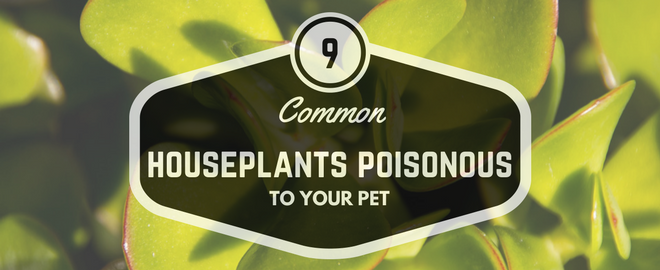This collection of Cat Emergency Care articles has been curated for you by 4 Paws Veterinary Care. If you would like to talk to a veterinarian, please give us a call at 518-300-4279.
"Bee" Careful: Stings Can Be Serious!
April showers bring May flowers…and with them, bees.
Just like humans, pets can have severe or even life-threatening reactions to bee stings. Unfortunately, our furry friends are also at greater risk for stings due to their curious and playful nature.
Because pets often like to chase, swat, or bite at bees and other flying insects, they are most likely to be stung in the mouth or on the muzzle, nose, face, or paws. It is also common for dogs to accidentally step on a bee while out on a walk.
Read More
National Poison Prevention Week 2018 is March 18-24!
Is your home hazard-free? For pets, it may not be as safe as you think. National Poison Prevention Week is the perfect time for pet owners to educate themselves about these potential dangers, including common household products and plants.
Dogs and cats are curious, checking out their environments with direct contact and taste. This is why you should be diligent in preventing poisoning in your best pet pals. Here’s what to watch out for, plus further information about treatment for pet poisoning:
Read More
CBD Oil for Dogs: Is It Safe and Effective?
There is quite a bit of buzz about the therapeutic use of CBD (or cannabidiol) products for pets these days. With the rise of marijuana derivative products for humans, a slew of pet products has since exploded onto the market - but are they safe and effective? Let's look at the current state of this controversial topic for pet owners.
Read More
Six Pet Poison Myths - Solved!
Do you know the truth behind these pet poison myths?
Myth #1: It is safe to use human toothpaste on my dog’s teeth.
True or false? FALSE.
Many human toothpastes contain xylitol, an artificial sweetener that causes a rapid drop in blood sugar and liver failure in dogs. Xylitol is also commonly found in sugar-free gum and candy, as well as certain medications and nasal sprays.
Read More
How to Avoid Holiday Cat Emergencies
No one wants to experience cat emergencies at any time, and especially not during the holidays. However, they do happen, and with a little pre-planning, you can keep your kitties safe.
Read More
Pool and Beach Safety Tips for Pets: Part II
Summer has officially arrived! Protect your pets this season with our second installment of safety tips for the beach and pool.
Watch for signs of heat stroke.
Pets can easily overheat in the summer months, even while swimming. Remember to have fresh water available for your dog at all times and offer it frequently. Because swimming usually takes place during the hottest part of the day (between 10 a.m. and 5 p.m.), it is important to give your dog regular breaks.
Read More
Disaster Preparedness Kits For Pets
Disaster can strike at any time! As a pet owner, having a plan ahead of time will help things run as smoothly as possible in the event of an emergency. The most important thing you can do is put together Disaster Preparedness Kits for your pets. It should contain bowls, toys, leashes, and bedding, as well as a week’s supply of food and water. It should also have first aid supplies and any medication that your pets may need. Pictures of your pets and written care instructions ensure that they will be properly cared for even if you are indisposed.
Read More
9 Common Houseplants Poisonous to Your Pet
Plants add a certain element to the feel of our homes; however, those with pets need to be selective about the greenery they choose to have around.
According to the ASPCA Poison Control, there are literally thousands of plants that could harm your pet if they ingest it. They all have varying degrees of effect on your dog or cat. Some mild, some severe, and some even potentially fatal. We've narrowed down the list to nine of some of the most common household plants.
Read More










